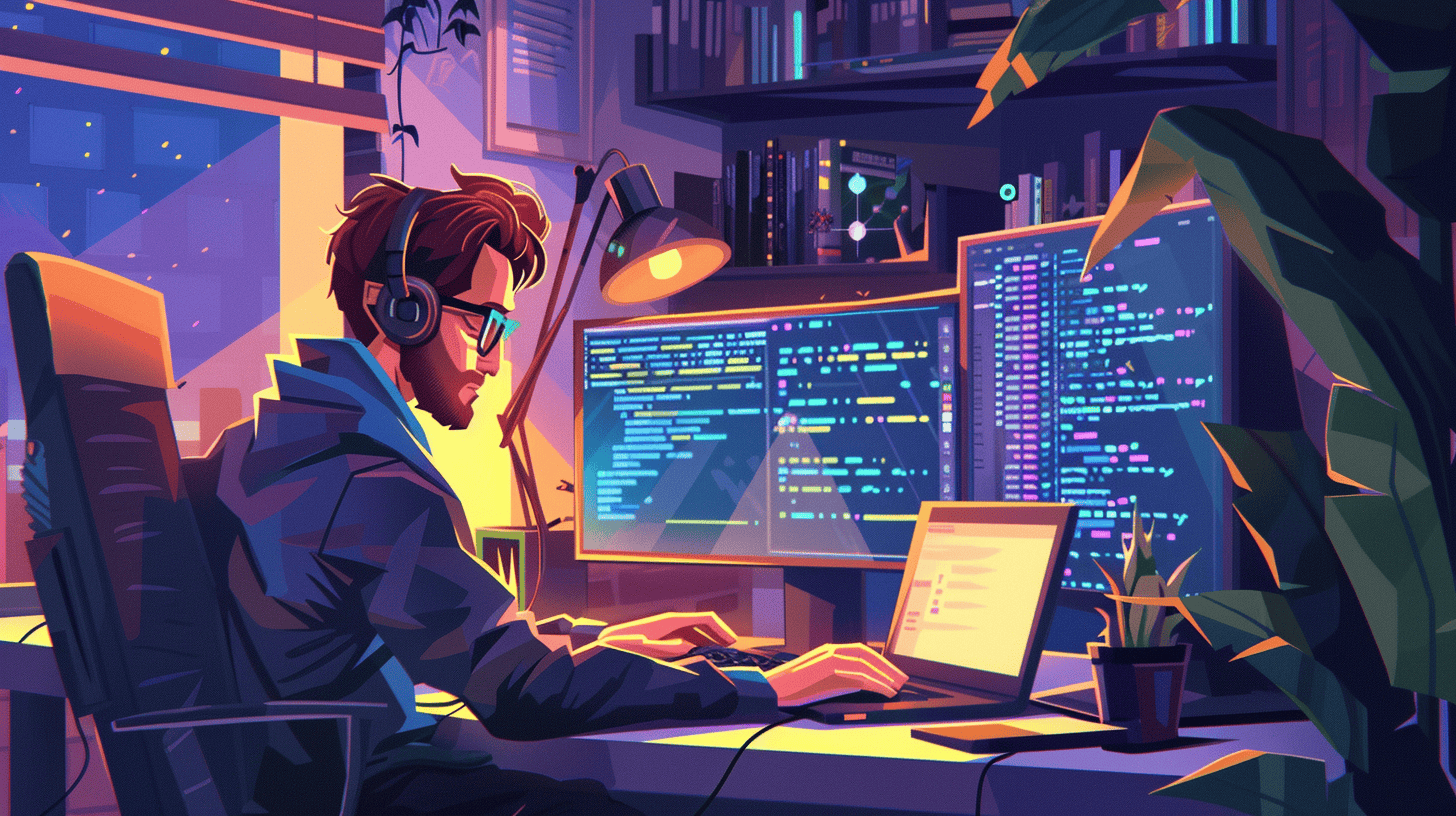
Shortly after the start of the European Innovation Debate yesterday in the auditorium of TU Eindhoven, the shouts outside the doors became increasingly audible. Several dozen students who had initially been conducting their pro-Palestinian actions a few hundred meters outside the hall had risen to the front door. Loudly, they were banging on the doors and walls, but the seven participants in the debate hardly let them get away with it. For a moment, the debate leader had to ask the director to increase the volume, which ended the suffering.
“You see how much the EU lives here,” joked D66’s Gerben-Jan Gebrandy. “There was no more room in the hall, yet they want to go in.” VVD’s Malik Azmani briefly suggested opening the debate with the students but quickly saw the risks of that choice himself. And CDA’s Tom Berendsen admitted to having some trouble concentrating anyway. “I want to discuss our day with my wife, but the kids haven’t gone to bed yet and want our undivided attention.”

Agreement
At the European Innovation Debate, the stage was set for the EU list leaders to make their mark. Bas Eickhout (GL/PvdA), Malik Azmani (VVD), Dirk Gotink (NSC), Gerben-Jan Gerbrandy (D66), Tom Berendsen (CDA), Jessika van Leeuwen (BBB, #2) and Reinier van Lanschot (Volt) convened at TU/e yesterday, ready to engage in a robust discussion.
After the introductory skirmishes, it was really about innovation in Europe. Open economy or a high fence around our knowledge, a warm welcome for labor and knowledge migrants from outside the EU, a better European business climate, even if it is at the expense of our green ambitions, those were the dilemmas where the seven had to cross swords. Only some of the statements were equally innovation-oriented, but the list leaders did their best to focus on them. That led to a discussion about the familiar differences (in which BBB candidate Jessika van Leeuwen, in particular, showed herself as an outsider) but also to a lot of agreement.
To start with the latter, not only was there widespread praise for the achievements of the Brainport region where the debate took place yesterday, but also, for all the candidates, China represented an entity that we from Europe should oppose. Sometimes out of envy (“While we allowed our car manufacturers to create a dieselgate, China knew all along that the battery car was superior,” said Bas Eickhout of GroenLinks/PvdA), sometimes out of resignation (“it’s an illusion to think that we are going to stay ahead of China, they are so fast at further development,” said Jessika van Leeuwen) and sometimes out of strength (“we need to become an innovation power again by looking more strategically at our dependencies,” said Malik Azmani). The country was the common thread among all the comments on each statement. If only our audience could understand that our assembled MEPs had shaken off their naiveté.
‘Innovation is like Miss Universe: we all want world peace, we are all for innovation. But who pays for it?’
Gerben-Jan Gebrandy (D66)
The man who was announced as the list leader of “the most European party there is” (resulting in boos from D66 and GroenLinks/PvdA), Volt’s Reinier van Lanschot, was indeed allowed to proclaim the most Europe-centric views on all the propositions. “Innovation is not increased just by protecting your knowledge, but by tripling its budgets and creating an economy that is as open as possible. With, of course, proper protection of your sensitive technologies.”

He also knew where that money for extra innovation should come from: for example, with a European tax for companies still located where they are cheapest. Van Lanschot called support for Ukraine “morally the only right thing to do and also in our interest,” supported by Dirk Gotink (NSC) and Gebrandy. “A strong European defense policy also has everything to do with innovation,” Gotink said. For Gebrandy, it was a great occasion to ask him the (unanswered) question of what he then had to do in a government with Geert Wilders.
Sustainable and economic
Six of the seven candidates agreed that a sustainable Europe could go hand in hand with economic prosperity. “The Green Deal is an economic growth program. We can only grow if we do it 100% sustainably,” Gebrandy said. Yes, sometimes that makes Europe seem like a regulatory power rather than an innovation power, but those rules are necessary to move forward. Van Leeuwen was the only one who thought otherwise. “We don’t want oppressive green ambitions. Climate panic is now the norm, full of doom and gloom messages, resulting in a degrading economy. We claim to be climate-neutral by 2050, but it is neither feasible nor affordable.” This was especially annoying to NSC’s Dirk Gotink: “BBB is sawing the legs of the Paris accords, which is a capital blunder. Fortunately, we know how to combine climate and economy.” Or, in the words of Van Lanschot: “BBB, that’s Existing Interests Advocacy.”

Brainport
That industrial policy can go hand in hand with innovation power was especially emphasized by CDA and VVD, although no one disagreed. “Only with robust industry are we able to maintain our security,” Azmani said. Tom Berendsen added that he will continue to invite his Brussels colleagues to the Netherlands. “We have to repeatedly take them to places like Eindhoven so they will eventually get it all: the high-tech feats like photonics and the concept of working together. Granting each other something and then getting better together, they understand that in Eindhoven like no other, Europe can learn a lot from that.”


